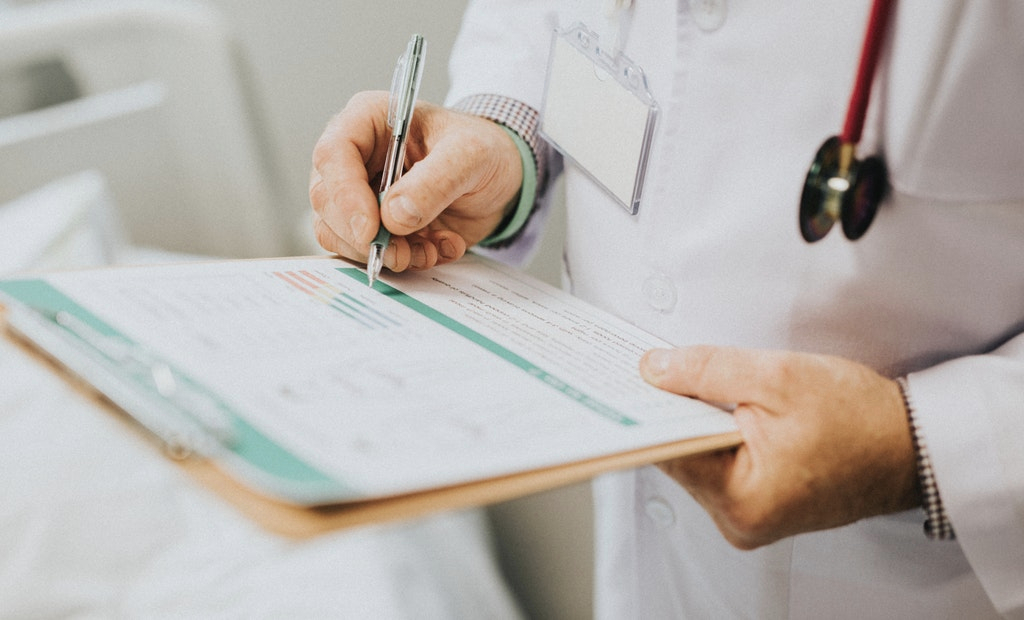Unborn babies could be tested for 3,500 disorders

Doctors may soon be able to test an unborn child for 3,500 genetic disorders, after a team of scientists were able to predict the whole genetic code of a foetus by taking a blood sample from an 18-week pregnant woman and a swab of saliva from the father.
Currently, doctors only perform routine tests for Down’s syndrome while the other faults are only checked for, if the child has a greater risk of inheriting the defect from their parents.
The new possibility, however, has raised concerns among the scientists as they warned the results could be used as a basis for abortion.
Their fear was shared by the pro-life campaigners who said widespread use of such a test would “inevitably lead to more abortions”.
The American scientists were able to map the baby’s genetic code, principally from tiny traces of free floating DNA, which makes its way into the mother’s blood. Blood sample DNA from the mother and the DNA extracted from the father’s saliva were also studied by the scientists.
Fitting pieces of the genetic jigsaw together, they were able to reconstruct the entire genetic code of an unborn baby and see what spontaneous genetic mutation – called “de novo” mutations, responsible for the majority of genetic defects including autism and schizophrenia – had arisen.
Comparing their prediction of the baby’s genetic code with the actual DNA taken after the birth, the scientists found they were able to identify 39 of 44 such mutations in the child.
Dr Jay Shendure, the lead scientist said: “This work opens up the possibility that we will be able to scan the whole genome of the foetus for more than 3,000 single-gene disorders through a single, non-invasive test.”
In future, a more refined and economical alternative to the current procedure could make pre-natal testing far more comprehensive than it is now, the scientists claim. Current technique involves the doctor inserting a probe into the womb to take fluid from the foetal sac or placental samples, which can be dangerous for both mother and child.
The scientists also said their test could not only test for thousands of genetic defects, but also give vast amounts of information on the baby’s future health.
Rajeeb Gurung




















Facebook
Twitter
Instagram
YouTube
RSS